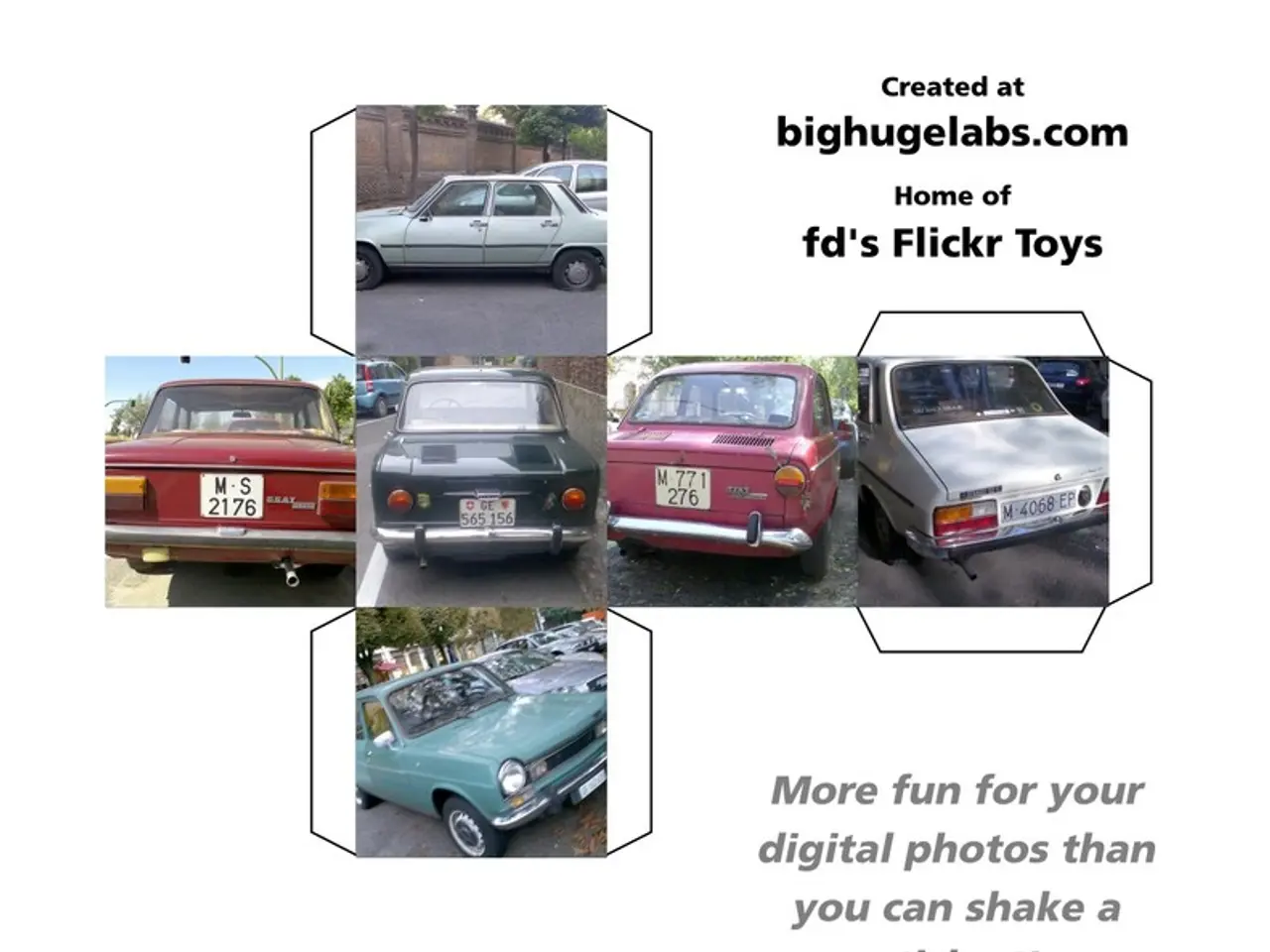Tesla compelled to compensate Autopilot crash victims to the tune of $243 million, with Musk announcing plans for an appeal.
In a landmark decision, a federal jury has ruled that Tesla is partially liable for the death of Naibel Benavides Leon, a 22-year-old woman killed in a crash involving a Tesla Model S on a non-controlled-access road in Florida. The court ordered Tesla to pay $243 million in damages to Ms. Benavides Leon's family and her partner, Dillon Angulo, who was seriously injured in the same incident.
The jury's verdict, the first federal jury verdict assigning Tesla liability in an Autopilot-related wrongful death case, is seen as a potential setback for Tesla's and the entire industry's efforts to develop and implement life-saving technology. Tesla has announced its intention to appeal the verdict.
The collision occurred when the Tesla, operating on Autopilot, ran a stop sign at a T intersection and crashed into a parked vehicle. The court found that Tesla's software design flaws and inadequate warnings contributed to the crash. Lawyers for the plaintiffs argued that the driver's assistance system should have warned the driver and braked before the collision.
Tesla maintains that the driver, George McGee, was solely to blame for the fatal crash, citing his actions of reaching down to pick up a dropped mobile phone. However, Mr. McGee reached a separate settlement with the victims' families in an earlier case.
The court was shown evidence that Tesla had all along, despite repeated denials, after hiring a forensic data expert who dug up the information. After being shown the evidence, Tesla admitted it made a mistake and honestly hadn't thought it was there.
This ruling signals increased legal challenges related to Autopilot use in such road conditions. In 2023, 2.3 million Tesla vehicles were recalled amid fears Autopilot was failing to sufficiently alert drivers not paying attention to the road.
The National Highway Traffic Safety Administration (NHTSA) has investigated numerous Autopilot-related incidents since 2019, including multiple fatal accidents, highlighting ongoing safety concerns beyond controlled highways. Earlier fatal crashes, such as the 2016 Joshua Brown case on a highway, also involved Autopilot but primarily on controlled-access roads.
Tesla's Autopilot, classified as a Level 2 system requiring full driver supervision, has been implicated in accidents on roads without full highway controls, leading to significant legal and safety scrutiny. Miguel Custodio, a car crash lawyer not involved in this trial, stated that the verdict will open the floodgates and embolden more people to come to court. Brett Schreiber, who represented the victims, stated that Tesla designed Autopilot only for controlled-access highways but chose not to restrict its use elsewhere.
The collision sent Ms. Benavides Leon flying 22m (75ft) through the air, and her body was discovered in a wooded area. This tragic incident underscores the need for continued vigilance and improvement in autonomous driving technology.
References: 1. Tesla Autopilot: The Technology and Its Safety Concerns 2. Tesla ordered to pay $243m in damages in Florida Autopilot crash case 3. Tesla Autopilot under scrutiny as fatal crashes mount
- The verdict against Tesla in the Florida Autopilot crash case could potentially impact the entire automotive industry's progress in implementing life-saving technology.
- Despite Tesla's statements, evidence presented in court revealed that the company had been aware of certain data-and-cloud-computing issues related to Autopilot all along.
- The jury's decision could lead to an increase in legal challenges related to the use of Autopilot on non-controlled-access roads, especially as these types of incidents continue to occur.
- The National Highway Traffic Safety Administration (NHTSA) has been investigating numerous Autopilot-related incidents since 2019, suggesting ongoing safety concerns not just on controlled highways.
- In light of these incidents, it's crucial for technology developers to focus on education-and-self-development and career-development in areas such as skills-training for autonomous driving system operators.
- As more autonomous vehicles take to the roads, policies-and-legislation regarding their usage, especially in relation to general-news events like car-accidents and crime-and-justice, must be carefully reviewed and updated.
- The tragic death of Naibel Benavides Leon emphasizes the need for constant improvement in autonomous driving technology to prevent future accidents, particularly in sectors like transportation and politics.
- The $243 million settlement in the Tesla Autopilot case serves as a stark reminder of the potential consequences of negligence in the finance sector, where technology companies are responsible for the safety of their products.




